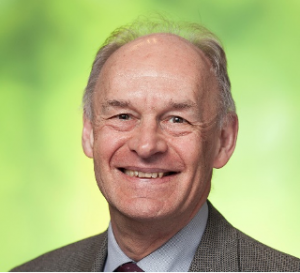 Gregory W. Dawes is Professor of Philosophy at the University of Otago. We invited him to answer the question “Is there a future for the philosophy of religion?” as part of our “Philosophers of Religion on Philosophy of Religion” series.
Gregory W. Dawes is Professor of Philosophy at the University of Otago. We invited him to answer the question “Is there a future for the philosophy of religion?” as part of our “Philosophers of Religion on Philosophy of Religion” series.
In the first post to this blog, Troy has remarked that the philosophy of religion, as currently practised, is ‘insular, narrow, and myopic’. I entirely agree. The one sign of hope is that an increasing number of authors are realising this and are trying to offer an alternative vision of the discipline. I have done this myself in a couple of short works, one entitled Religion, Philosophy and Knowledge, and the other Deprovincializing Science and Religion. So I welcome the publication of The Future of the Philosophy of Religion, which continues this discussion.
What I want to pick up here is just one idea from that volume. It is the idea that scholars of religion should focus less on beliefs and more on practices. As Kevin Schilbrack writes,
the philosophy of religion has traditionally had an intellectualist bias to the extent that the discipline has focused on religious truth claims and therefore engaged only with a relatively small fraction of what religious people do and care about.
That is true. What I want to argue, however, is that we are not forced to choose. It is not a matter of focusing either on religious beliefs or on religious practices, for we should not set the two in opposition. A few reflections on some recent theories of knowledge will show why. Continue reading


